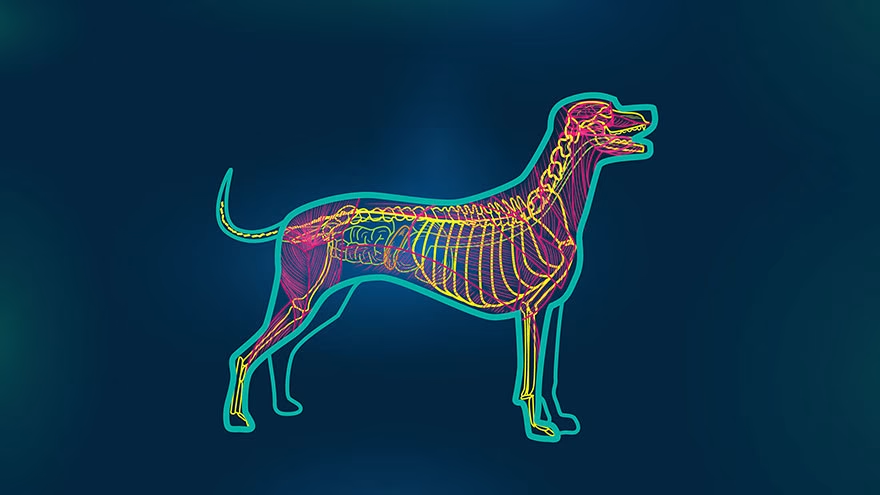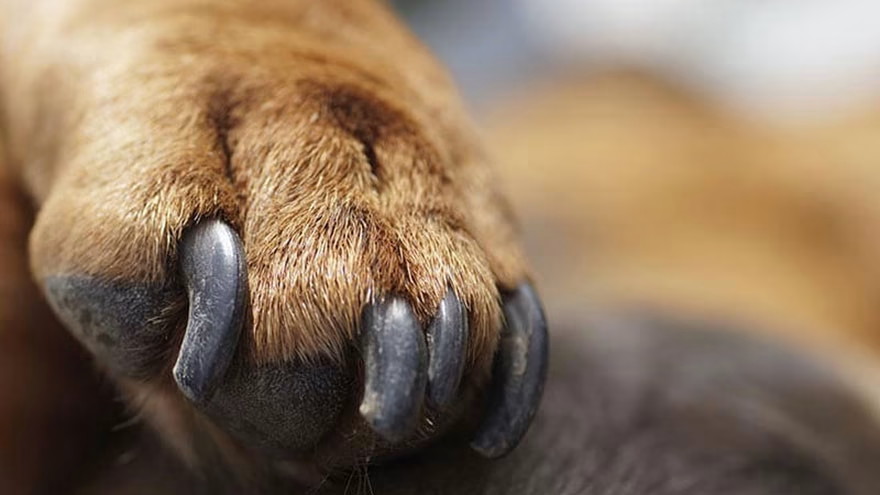Pericardial disease in dogs occurs when fluid accumulates around the heart. This can cause severe heart issues that may lead to death. Preventative measures can be taken, and treatment may be necessary.

Description
As fluid builds up around the dog's pericardial sac, this places pressure on chambers of the heart. Compression of the right part of the heart could decrease blood flow to both the dog's vein system as well as the lungs. This problem usually occurs in middle-age and older dogs as well as in larger breeds.
Signs
Signs usually vary dependent on the level of fluid build-up. Clinical signs include abdominal swelling, anorexia, listlessness and exercise intolerance. A physical exam may find your dog to be lethargic and have a muffled heart sound. The build-up of fluids additionally may stretch and be detected by the veterinarian.
Diagnosis
The presence of pericardial disease may be determined by taking a urinalysis and serum chemistry profile. Blood work can determine protein content to be high, and bacteria may be found. Radiographs, photographic images taken via X-rays, can show a silhouette that appears large. This enlarged silhouette can represent the pericardial disease. Another way to diagnose pericardial disease is by taking a echocardiography. This test uses an ultrasound device that shows an enlarged pericardial sac.
Treatment
The most common treatment for pericardial disasse is pericardiocentesis. This procedure reduces the fluid around the sac by draining it with a catheter. The dog will be sedated for the procedure. A catheter will be placed through the chest wall on the animal's right side. Echocardioagraphy is beneficial in guiding the catheter. Using a syringe through the catheter, the pericardial sac is aspirated and the fluid is drained. The procedure is common, and complications are rare.
Prevention
Regular exercise can help your dog to avoid heart problems. The Merck Veterinary Manual recommends feeding high quality dog food with sufficient proteins and nutrients because keeping your dog at a healthy weight is crucial to preventing heart disease.You Might Also Like :: Benzodiazepine Use in Dogs





0 Comments
No comments yet. Be the first to share your thoughts!
Leave a Comment